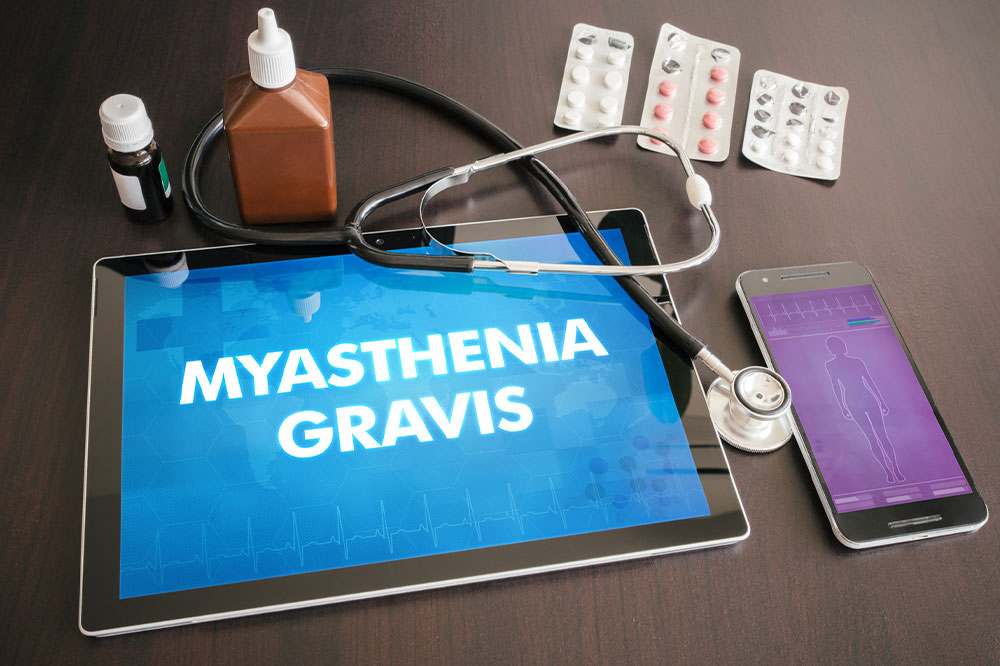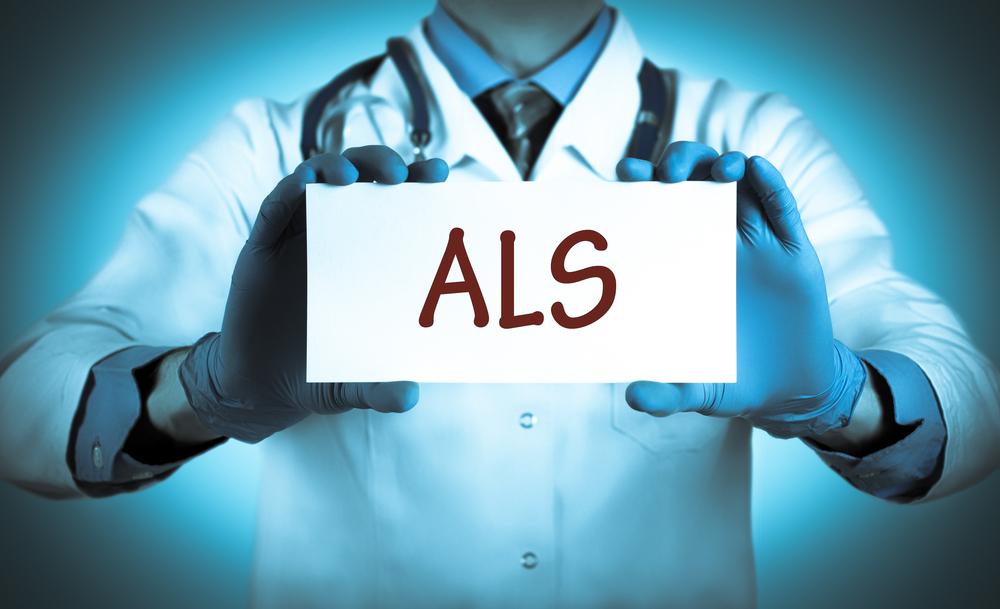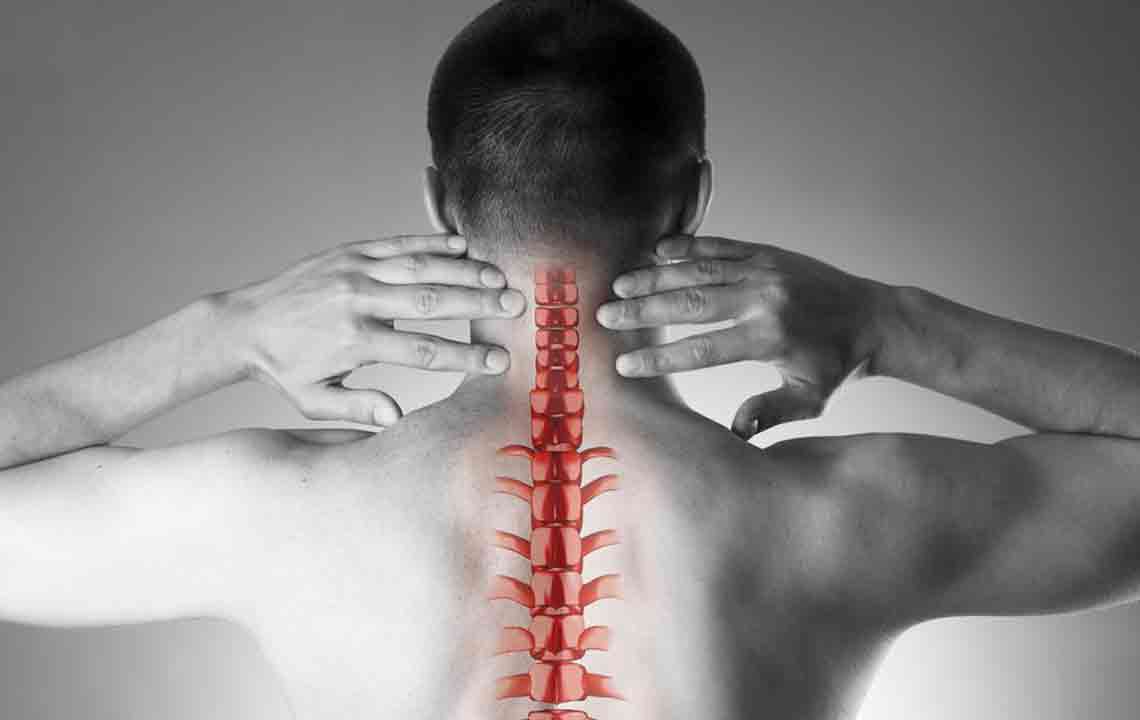Causes and symptoms of neuromuscular disorders
With specialized nerves, the brain controls the moment of voluntary muscles. To permit movement, a combination of the muscles and nervous system work together. This is known as the neuromuscular system. The nerves that control these voluntary muscles and the nerves that communicate sensory information back to the brain are affected by neuromuscular disorders. Communication between the muscles and the nervous system breaks down when the neurons become unhealthy or die.

Causes of neuromuscular disorders
There are various causes of neuromuscular disorders. Some of them are listed below:
- Genetic mutation
Genetic mutation is one of the major causes of neuromuscular disorders. These changes are caused by various environmental factors such as the UV rays of the sun. It may also be caused because of an error that is made as the DNA copies itself during cell division. - Family history
Neuromuscular disorders are possible to be inherited. Anyone who had neuromuscular disorders, their future generations are also prone to be diagnosed with the same. - Hormonal disorder
Your hormones are your body’s chemical messenger. They control many of the body processes. When you have too much or too little of a certain hormone. - Viral infection
The presence of a virus in the body is known as viral infection. Depending on the type of virus and the health of a person, various viruses can infect any part of the body from the tissues to the brain. - Metabolic disorder
Metabolic disorders are genetic conditions that cause metabolism problems. In most metabolic disorders, a defective gene results in an enzyme deficiency. - Autoimmune disorder
Autoimmune disorders cause abnormally high or low activity of immune system. In such disorders, the body attacks and damages its own tissues. It also decreases the body’s ability to fight invaders and infections. - Dietary deficiency
Deficiency of certain essential nutrients in the body can also cause neuromuscular disorders. The major cause of dietary deficiency is following a poor and unhealthy diet.
Symptoms of neuromuscular disorders
The symptoms of neuromuscular disorders may vary from person to person, depending on their intensity. It may be mild, moderate, or in worst cases, even life-threatening. Some of the common symptoms include the following.
- Muscle weakness that may further lead to twitching, aches, cramps, and pain
- Muscle wastage
- Muscle pain
- Muscle cramps
- Muscle loss
- Problems balancing
- Double vision
- Numbness, painful, and tingling sensations
- Breathing difficulties
- Swallowing difficulties
- Muscle spasticity
- Joint or skeletal deformities
- Droopy eyelids




